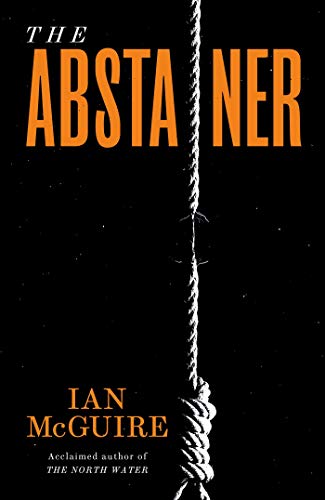What do you think?
Rate this book


366 pages, Kindle Edition
First published September 15, 2020
"It is painful to remember her still so alive, the press of her hand on his shoulder and the pale part of her coal black hair, but the thought that one day that pain might fade or disappear completely is worse. Forgetting is the final betrayal, he thinks. The pain is what is left of the love, and when that pain is gone there is nothing."Later on, the heartbreak seems to have got the better of him:
"Time becomes memory, and memory becomes the ditch in which we drown."